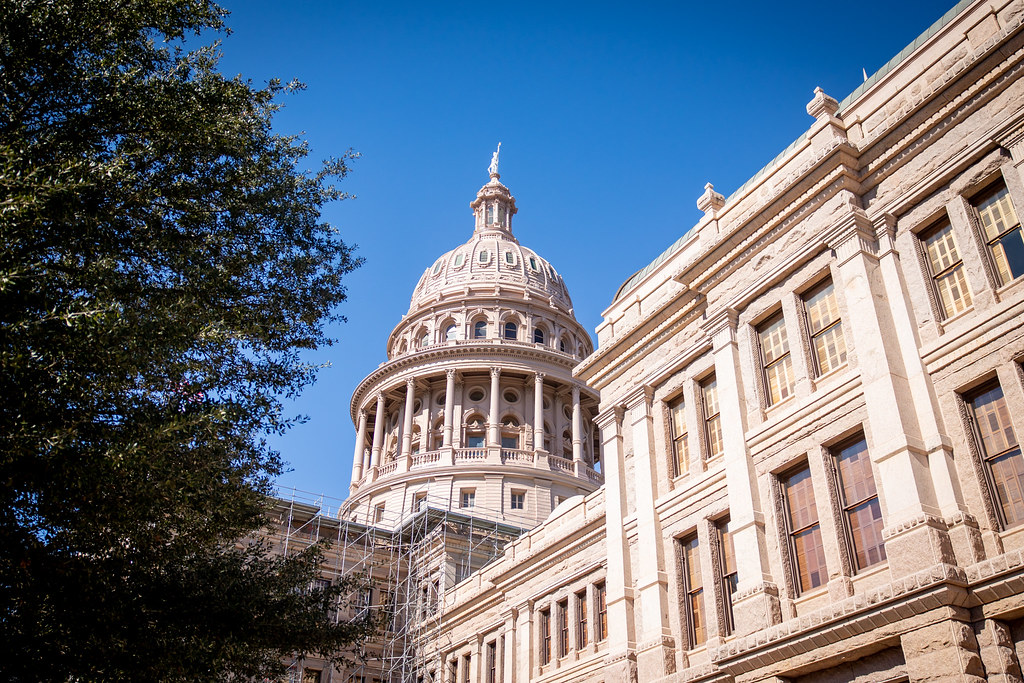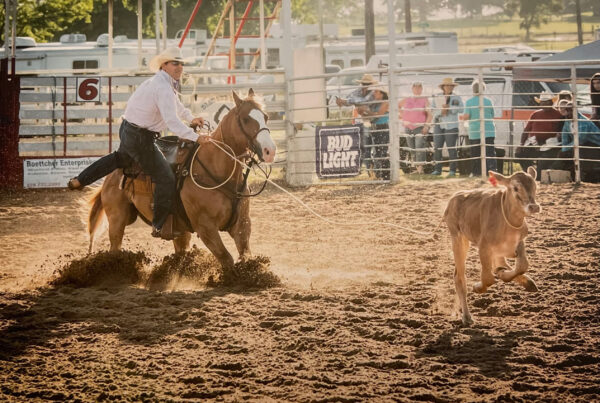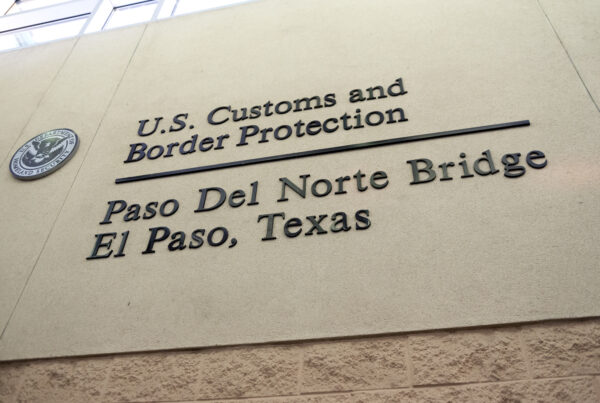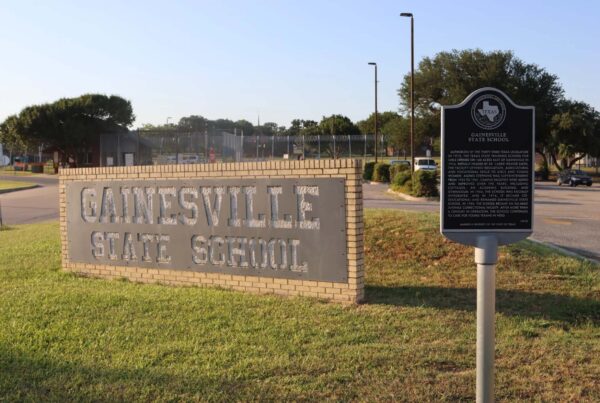Republican leaders in the Texas Senate are working to raise the penalty for voting illegally from a misdemeanor to a second-degree felony.
The effort is part of the Republican campaign to combat voter fraud, despite the lack of evidence of widespread voter fraud in Texas.
This is the second time in as many legislative sessions that lawmakers have tackled this issue. Senate Bill 2, which raises the penalty, was introduced by Republican Sen. Bryan Hughes of Mineola and could be voted on in the Senate as early as Monday afternoon.
Sergio Martínez-Beltrán, who covers politics for the Texas Newsroom, said that in the last session legislators voted to reduce the penalty for illegal voting from a felony to a Class A misdemeanor. This was part of an omnibus bill that made many other election laws stricter. Now, Republicans have raised the issue again in an attempt to make the penalty harsher again.
“Republicans in Austin are coalescing behind SB 2, which would make the penalty a felony again,” he said. “That means that those who violate the law could face 2 to 20 years in prison and a fine of up to $10,000.”
Martínez-Beltrán said that for some conservatives, this bill represents one step in combating voter fraud.
“Conservative activists who have expressed support have talked about how this would help deter potential voter fraud in this state,” he said. “On the other hand, those who oppose the bill say this is just going to create additional problems, that it could actually lead to more people in jail for honest mistakes. And they also say it could turn off potential voters due to fears of ending up in jail.”
However, Martínez-Beltrán also said it’s important to note that there is no evidence of widespread voter fraud in Texas.
“It’s important to remember that Texas elections have been secured,” he said. “Still, many Republicans have continued spreading misinformation. And I think a bill like this certainly appeals to many of them.”
One example that was raised a lot during committee discussions of this bill, Martínez-Beltrán said, was that of Crystal Mason, who lives in Tarrant County and voted on a provisional ballot during the 2016 election while she was under federal supervised release.
“That actually makes her not eligible to vote, but she claims she didn’t know and her ballot was never counted. Still, Mason was eventually arrested for voting illegally and was convicted to five years in prison. But she’s appealing her sentence,” Martínez-Beltrán said. “All that to say Mason’s case plays a big role in this debate of SB 2 because many of those who oppose the legislation say people who make honest mistakes, like Mason, could end up receiving punishments similar to those as manslaughter.”
This bill is likely to pass the Senate, Martínez-Beltrán said. If it does, the House will likely take up the issue, though there is not currently matching legislation in the House.
In terms of who will be affected by this new measure, there is disagreement among those who oppose the bill and those who support it.
“Those who oppose the bill say anyone could be affected. You can make an honest mistake – maybe that you didn’t know that something prevented you from voting, and still you cast a ballot – those people could be affected,” he said. “But Republicans, on the other hand, are saying truly, the only people affected by this are those who want to break the law and those who want to commit voter fraud.”














